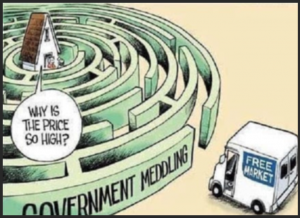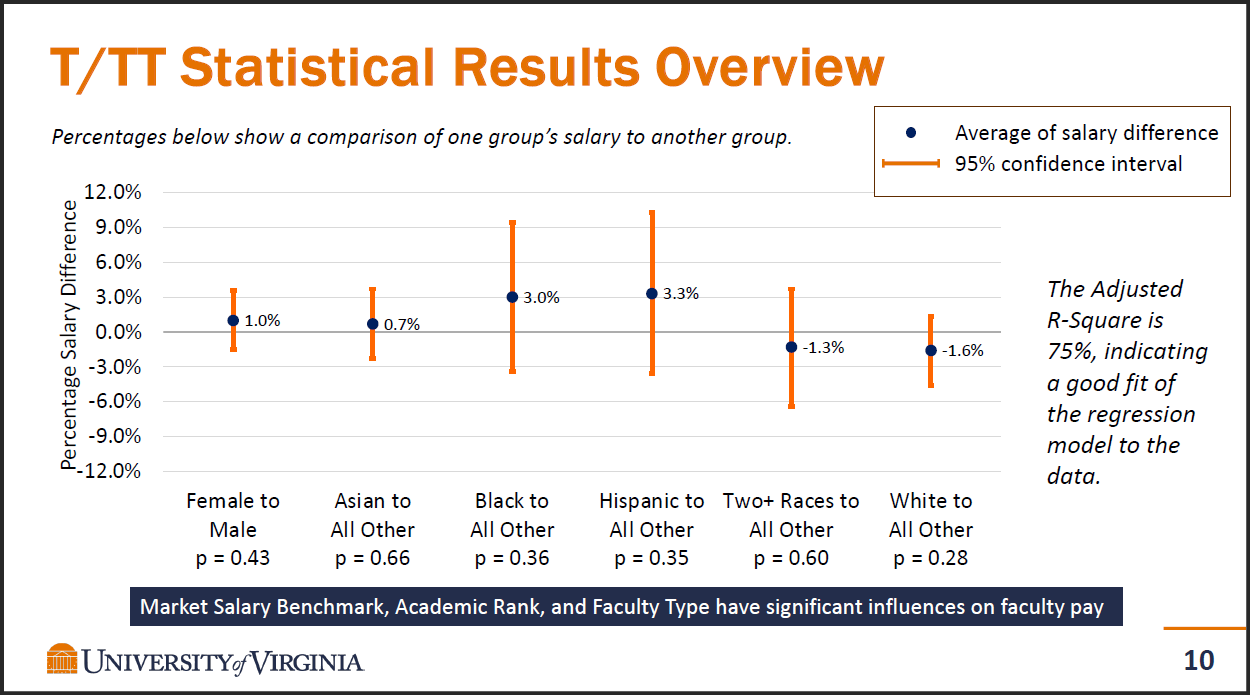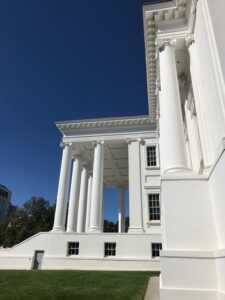 by Jon Baliles
by Jon Baliles
The entire saga of the development of the Diamond District project in Richmond has come full circle in the last 18 months, as Mayor Levar Stoney, desperate for an economic development win after the failure of his Navy Hill boondoggle and two failed casino referendums, has rounded the bases trying to get a baseball stadium built before the franchise was going to be moved by the powers at Major League Baseball (MLB). Finally scoring a run, however, will come with a cost: $170 million to be exact, because that is how much debt the city will issue to pay for building the stadium and surrounding infrastructure for the rest of the Diamond District development.
The big news broke last week about the new plan to build the baseball stadium but is also being accompanied by a new financing and development structure and procedures. The announcement unfortunately pre-empted the planned Part 3 of our baseball stadium series, which explained that, at this late date, the only option left to get the stadium built in time and not have MLB yank the franchise was for the city to issue general obligation (G.O.) bonds. That was the only evidence MLB was going to accept to prove the money to build the stadium was actually there and construction could actually begin, because all the talk from the city had been just one missed promise after another, and delay after delay.
The bomb was set to explode and the Mayor and Chief Administrative Officer (CAO) played the last card they had left. They will put the onus of the debt and risk all on the city’s shoulders, issue the debt quickly and get the shovels turning to meet the deadline. But that is not at all how this process began, and it has changed drastically in the many months the city spent dithering. Continue reading


 by Arthur Purves
by Arthur Purves




 by Kerry Dougherty
by Kerry Dougherty 


 by Jock Yellott
by Jock Yellott

